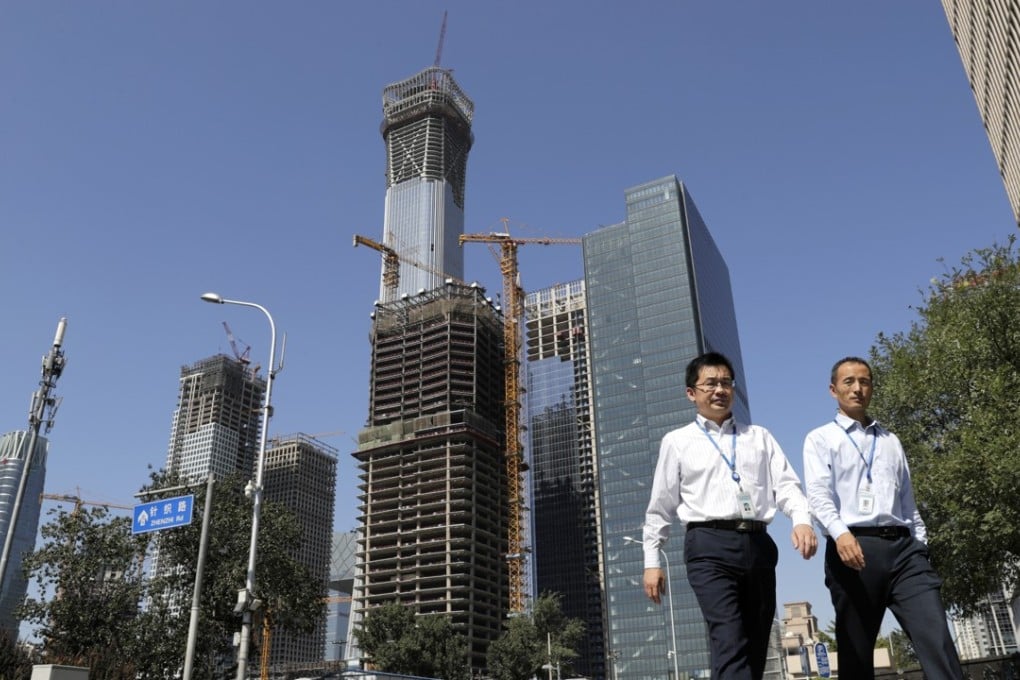China’s focus is no longer on growth at any cost
President Xi Jinping and the nation’s top leadership are right in weaning the country off its obsession with hard GDP targets. In aiming for a higher quality of life for the Chinese people, future growth will be more balanced and sustainable

In the wake of the 19th national congress, President Xi Jinping has achieved a firm grip on the party’s leadership. Does it mean his dominance will now extend to economic affairs? Traditionally, the premier, the country’s No 2, has been in charge of economic policy. So in Li Keqiang’s first term, this had given rise to “Likonomics”. Can we expect “Xikonomics” from now on?
In reality, there is a general agreement within the top leadership over the country’s economic priorities. This is clear from the work report which Xi delivered at the congress. In broad strokes, economic development may slow down to achieve a more balanced growth. This is to ensure social stability instead of pursuing growth at all costs. What Xi calls “principal contradiction” is social injustice and inequity posing as obstacles as people strive to improve their lives and fulfil their aspirations. As he said: “Not only have their material and cultural needs grown, their demands for democracy, rule of law, fairness and justice, security, and a better environment are increasing.”
Xi promises a “modestly prosperous society” by the end of his second term, which translates to an achievable minimum annual growth of 6.3 per cent. In aiming at a higher quality of life for the Chinese people, he mentioned the environment 89 times in his three-and-a-half-hour speech. By contrast, the economy was cited 70 times.
All economic policies need to aim at quality now, rather than speed. Xi is surely right to wean the country off its obsession with hard GDP targets. Such targets have created an obsession among party officials to achieve growth at any cost, causing state-owned enterprises and local governments to rely on borrowings to fund dubious investments and projects. The results have been misallocation of capital, excess industrial capacity and declining investment returns – all of which have grossly distorted the economy.
China’s leaders have been haunted by the fear of a domestic financial crisis and a deep economic slump. “Likonomics” was originally coined to describe Li’s reluctance to use stimulus to sustain economic growth and his advocacy of reducing high leverage among state-owned companies and within the overall economy.